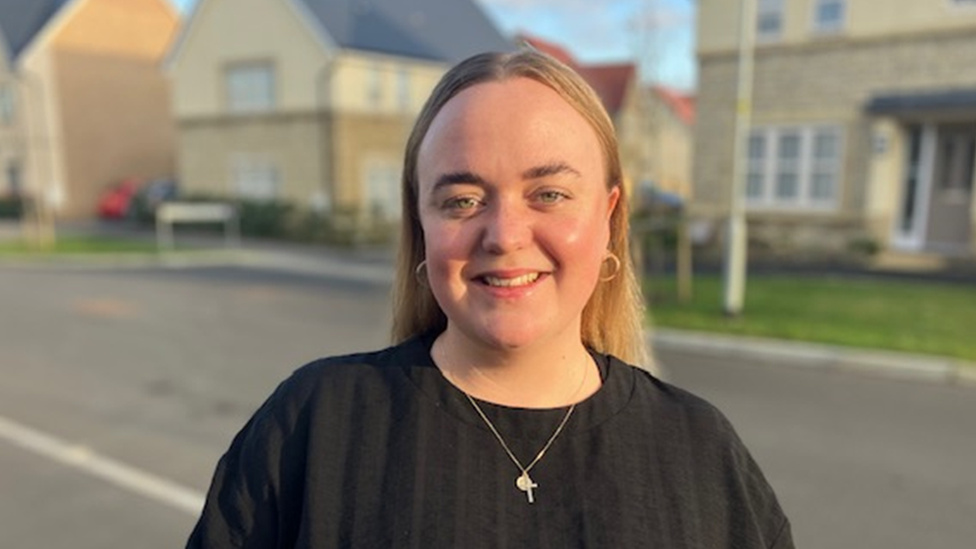Grateful brain tumour survivor to take part in charity walk
- Published
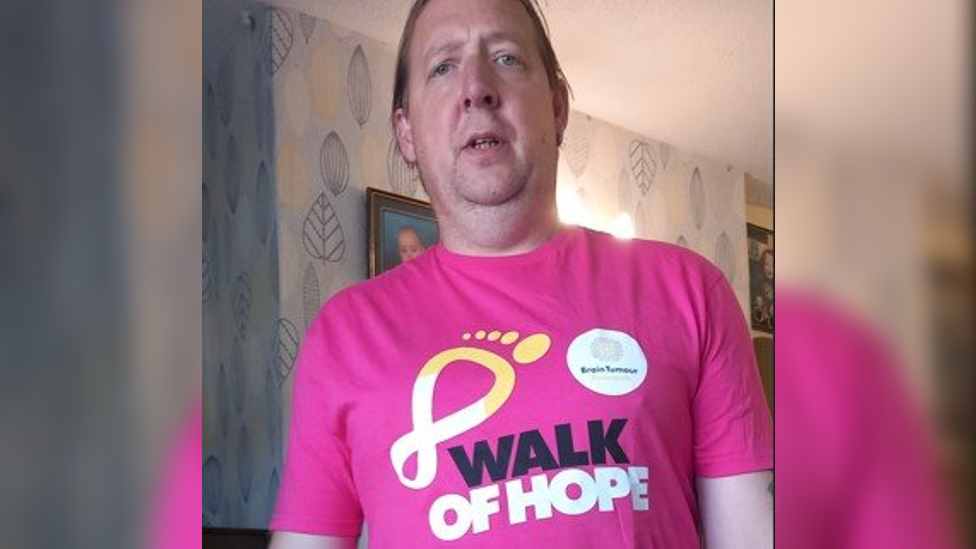
Michael Lock is taking part in the Brain Tumour Research Walk of Hope to raise money for the charity
A hospital porter, who worked on his day off was told the decision saved his life after he was diagnosed with a brain tumour.
Michael Lock, 50, from Somerset, was rushed to A&E within hours of arriving at Yeovil Hospital in 2003.
A CT scan showed a mass on his brain. "I went in to cover my colleague's shift and I'm glad I did," he said.
To commemorate 20 years since his diagnosis, Mr Lock has signed up for the Brain Tumour Research Walk of Hope, external.
Doctors told him if he had stayed at home that day, it would have been fatal.
He was diagnosed with an inoperable glioma, which was causing a dangerous swelling and build-up of fluid on his brain.
Talking to the charity, Brain Tumour Research, external (BTR), he said: "I had no other symptoms before I woke up with a headache that day. Despite taking paracetamol, that didn't work."
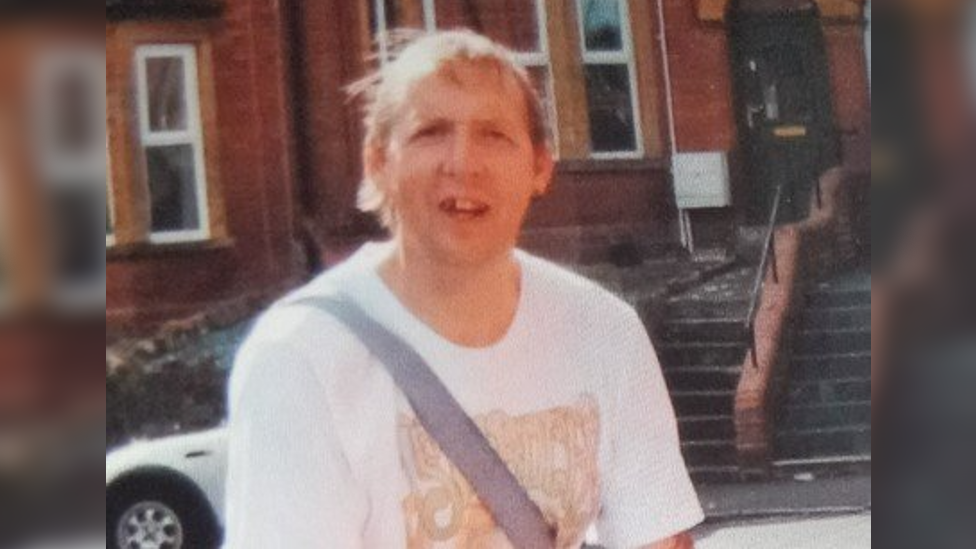
Michael Lock was diagnosed with a brain tumour in 2003 when covering a colleague's shift at Yeovil Hospital
Surgery was not an option for Mr Lock, as removing the tumour, which was growing on his brainstem, could have caused life-changing injuries.
He has since suffered a mini-stroke and has trouble with his memory.
Mr Lock lives with a permanent shunt in his head, which helps drain the build-up of excess fluid.
"Having a brain tumour is like a ticking time-bomb," said Mr Lock, "and that thought is horrible."
He now works as a support worker for a charity in Somerset.
"My life has changed since finding out I have a brain tumour. Although my daily routine consists of different medication, I am more focused on living rather than working all hours of the day, which is what I used to do."
BTR campaigns for the Government and larger cancer charities to invest more in research into brain tumours.
Mel Tiley, community development manager BTR, said: "We are grateful to Michael for sharing his story and supporting us. It is only by working together that we will be able to improve treatment options for patients and, ultimately, to find a cure."
"There is a community of patients and family members who have been affected by this disease who have a story to tell," said Mr Lock.
"It's important that we keep talking about brain tumours to get this disease spoken about in front of the people who can help us be part of a positive change for existing and future patients," he added.
The Walk of Hope takes place on 30 September in Swanage.

Follow BBC West on Facebook, external, Twitter, external and Instagram, external. Send your story ideas to: bristol@bbc.co.uk , external
Related topics
- Published2 June 2023
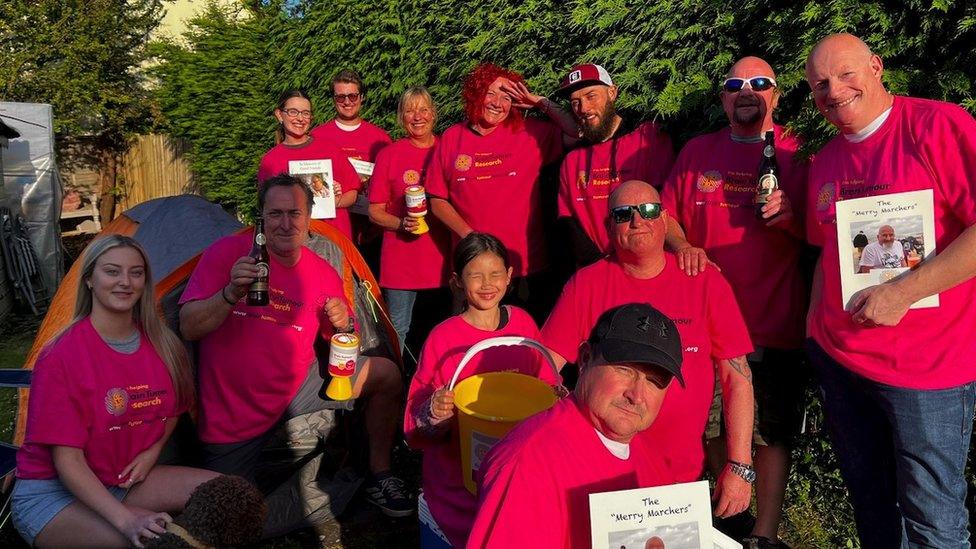
- Published2 March 2023
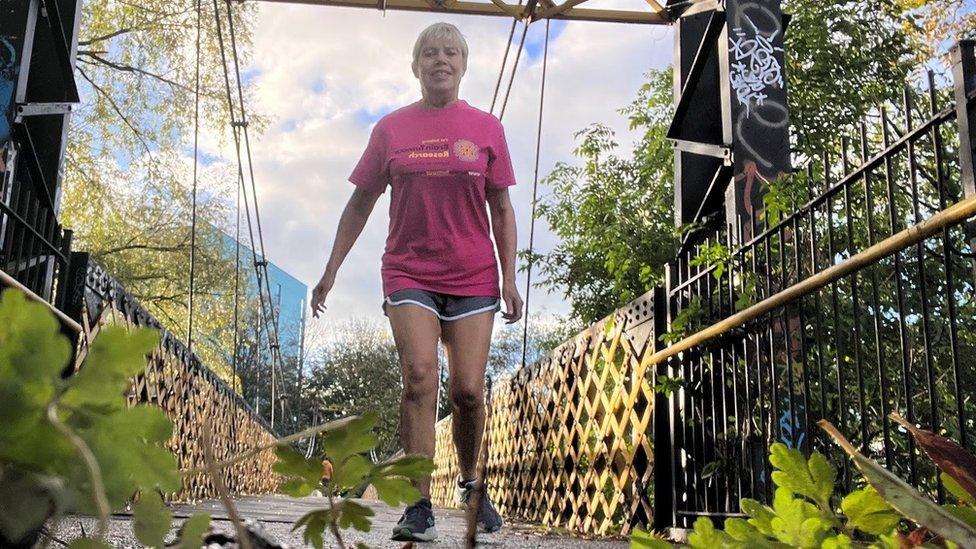
- Published27 May 2023
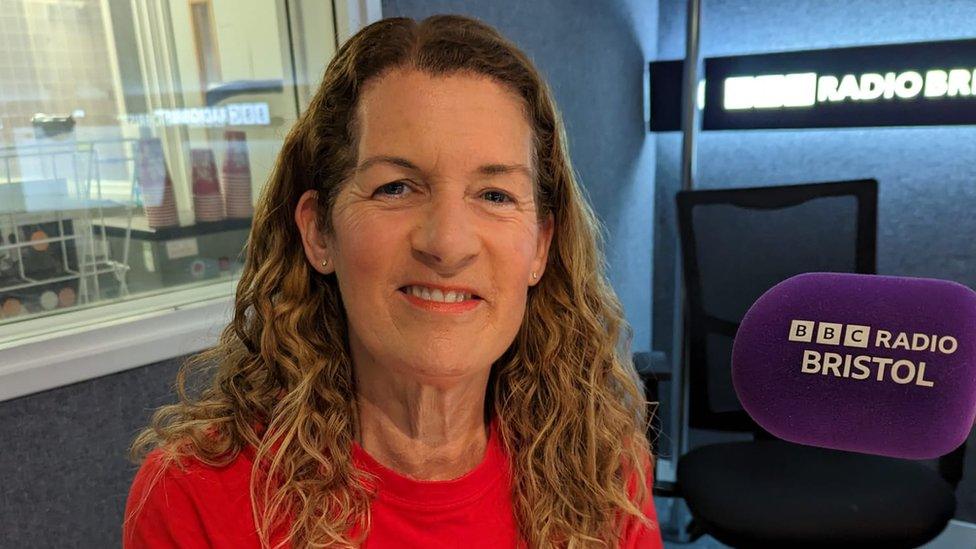
- Published16 February 2023
